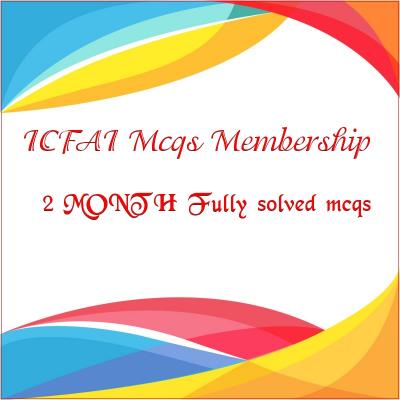BUSINESS ENVIRONMENT
Price:
Rs500
Case 3 : Government and business – friend or foe?
As we have seen, governments intervene in the day-to-day working of the economy in a variety of ways in the hope of improving the environment in which industrial and commercial activity takes place. How far they are successful in achieving this goal is open to question. Businesses, for example, frequently complain of over-interference by governments and of the burdens imposed upon them by government legislation and regulation. Ministers, in contrast, tend to stress how they have helped to create an environment conducive to entrepreneurial activity
through the different policy initiatives and through a supportive legal and fiscal regime. Who is right? While there is no simple answer to this question, it is instructive to examine the different surveys which are regularly undertaken of business attitudes and condi-tions in different countries. One such survey by the European Commission – and reported by Andrew Osborn in the Guardian on 20 November 2001 – claimed that whereas countries such as Finland, Luxembourg, Portugal and the Netherlands tended to be regarded as business-friendly, the United Kingdom was perceived as the most difficult and complicated country to do business with in the whole of Europe.
Foreign firms evidently claimed that the UK was harder to trade with than other countries owing to its bureaucratic procedures and its tendency to rigidly enforce business regulations. EU officials singled out Britain’s complex tax formali-ties, employment regulations and product conformity rules as particular problems for foreign companies – criticisms which echo those of the CBI and other represen-tative bodies who have been complaining of the cost of over-regulation to UK firms over a considerable number of years. The news, however, is not all bad. The Competitive Alternatives study (2002) by KPMG of costs in various cities in the G7 countries, Austria and the Netherlands indicated that Britain is the second cheapest place in which to do business in the nine industrial countries (see www.competitivealternatives.com). The survey, which looked at a range of business costs – especially labour costs and taxation -, placed the UK second behind Canada world-wide and in first place within Europe. The country’s strong showing largely reflected its competitive labour costs, with manu-facturing costs estimated to be 12.5 per cent lower than in Germany and 20 per cent lower than many other countries in continental Europe. Since firms frequently use this survey to identify the best places to locate their business, the data on rela-tive costs are likely to provide the UK with a competitive advantage in the battle for foreign inward investment (see Mini case, above).
Case study questions
-
How would you account for the difference in perspective between firms who often complain of government over-interference in business matters and ministers who claim that they have the interests of business at heart when taking decisions?
-
To what extent do you think that relative costs are the critical factor in determining inward investment decisions?
1. Case study solved answers
2. pdf/word
3. Fully Solved with answers







